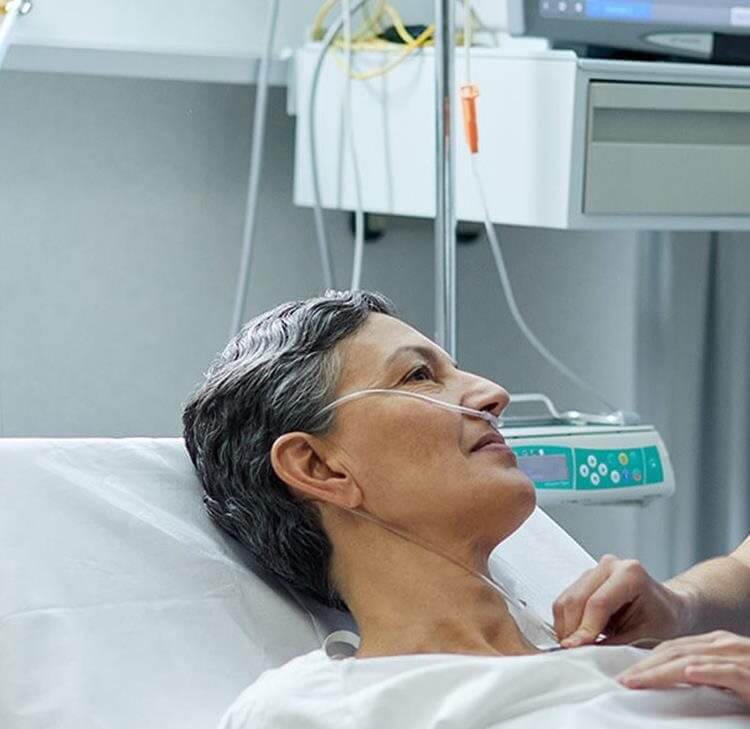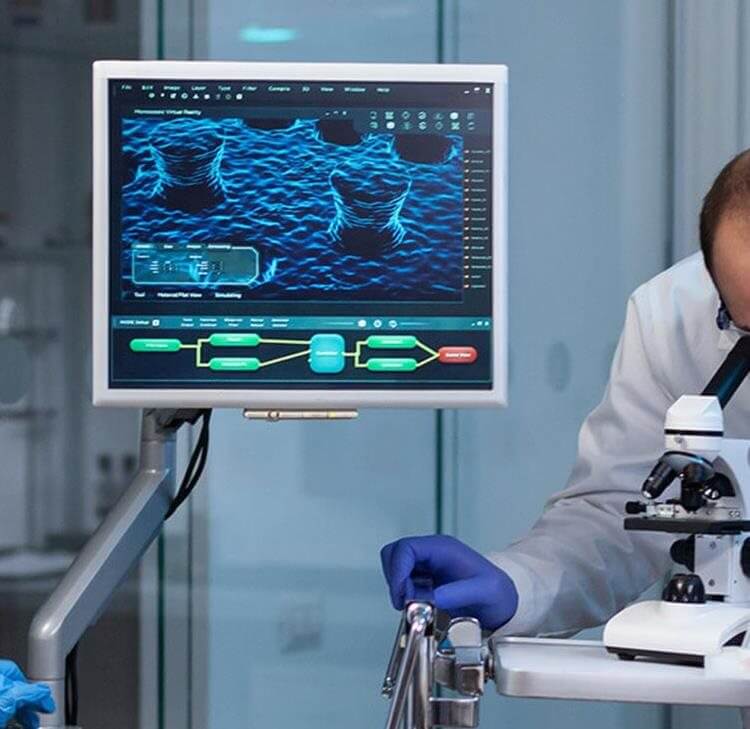It is known that touch interventions such as massage and skin-to-skin contact relieve neonatal pain, but there has been little evidence to date demonstrating its effectiveness, or the optimal way to deliver touch interventions. It was this gap in the evidence base that prompted the Petal Trial, also known as the Parental Touch Trial, conducted in John Radcliffe Hospital and Royal Devon & Exeter Hospital.
The purpose was to evaluate the effectiveness of parental touch for pain relief during a heel-prick procedure. One half of the study group were assigned to the “intervention group” whereby the parents gently stroked their baby before the heel prick procedure, whereas the parents in the other half of the study group stroked their baby only after the heel prick procedure. The baby’s reactions were filmed, and their brain activity measured by EEG.
The results of the study were published in The Lancet in February 2024 and illustrated that while there was no noticeable difference in the babies’ brain, behaviour, or heart rate in response to pain, whether the parent touched their baby before or after the painful procedure, the study revealed that most parents experienced positive emotions when participating in their child’s care, such as feeling useful and reassured. Furthermore, there was an overall decease in parental anxiety after their involvement in the procedure.
Dr Roshni Mansfield, a Paediatrics trainee and NIHR Academic Clinical Fellow in the Paediatric Neuroimaging Group said ‘The Petal trial has highlighted the importance of involving parents in the provision of care and comfort for relieving their child’s pain. Future studies can build upon the insights gained from this trial including the positive parental experiences observed in this study. Prospective research might, for example, exercise a more spontaneous approach to delivering the gentle touch, such as allowing the parents to stoke their child at their own pace, for as long as they need to calm and comfort their child, rather than a more mechanical and precise application’.
Dr. Maria Cobo, a postdoctoral researcher who managed the trial, added: ‘Another positive aspect of the study was the high degree of involvement by both fathers (35%) and mothers (65%) in delivering the parental touch to their babies. This contrasts with many studies, where only mothers’ opinions and involvements have been sought’.
The ongoing research in this area enforces the importance of placing parents at the centre of everything that is trying to be achieved in the neonatal environment.
Our specialist maternity team here at Browne Jacobson aims to support the NHS and NHS Resolution’s commitments to safer maternity care by identifying themes and trends as well as delivering training.
Browne Jacobson endorses every improvement made to NHS maternity services in the UK. We have significant experience conducting sensitive investigations to help resolve concerns and disputes fairly. If you would like further information regarding our services, please visit our Maternity Services Resources Hub.










![Contractual liability for all inclusive treatment: Bartolomucci v Circle Health Group Limited [2025]](/getattachment/95f9533b-f99c-4fcc-b8d5-3f93904b8242/shutterstock_1265400856.jpg?variant=HeroImageTabletVariantDefinition)































